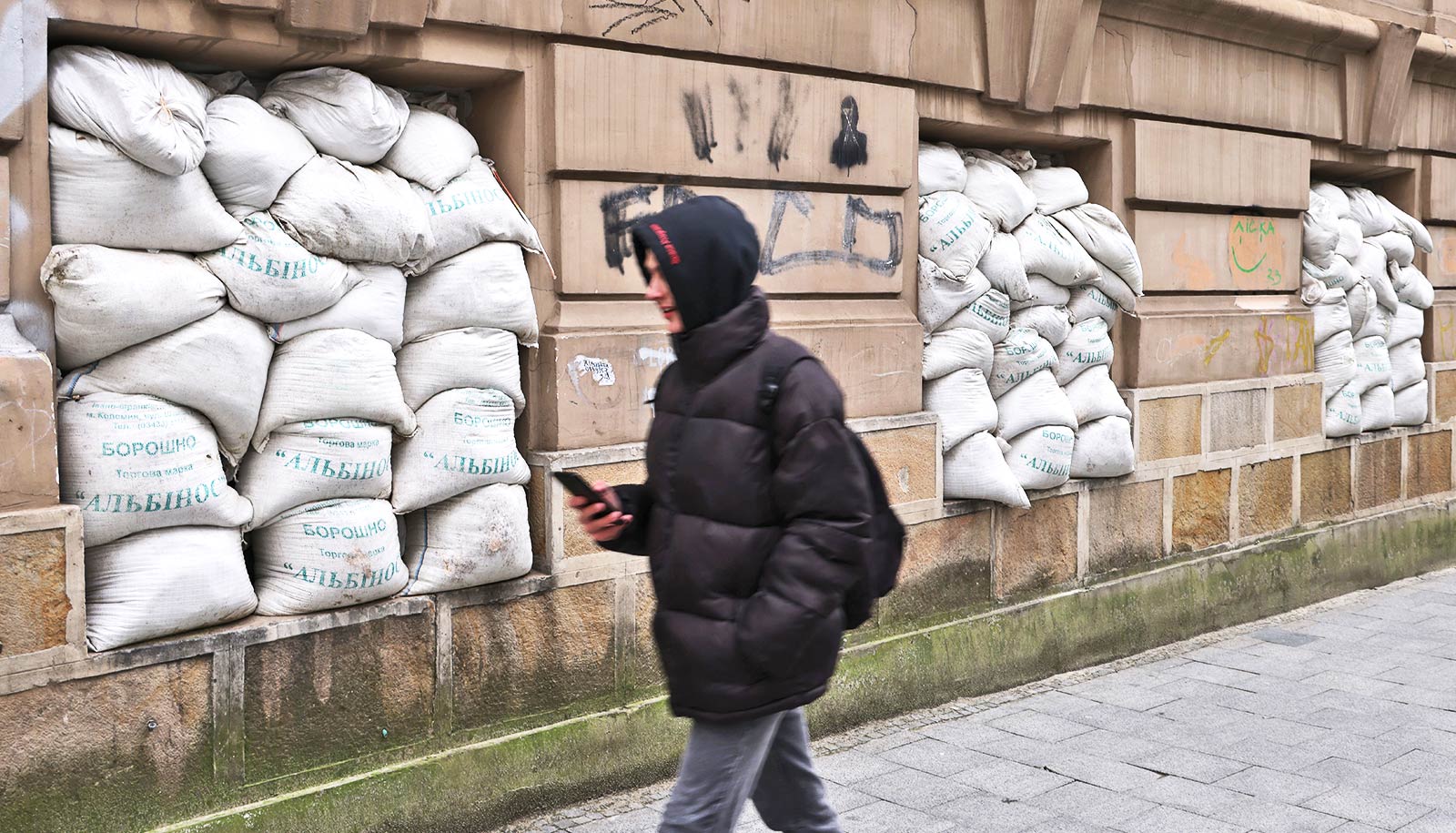Stone: Putin is committed to continuing the fighting because ending the war without a victory is riskier to him politically than continuing. He calculates that Russia’s immense resources will grind down Ukrainian resistance eventually, and presumably continues to hope that NATO will eventually tire of the conflict and pressure Ukraine to make concessions. He may hope that nuclear threats will shake NATO’s resolve. Thus, both sides have reasons to think that time may be on their side. The biggest uncertainty in the equation is NATO cohesion. At this time last year, no one would have expected NATO to intervene as decisively as it has in the conflict.
War continues until the uncertainty that motivates it is resolved, so this conflict will continue until Ukrainian and Russian expectations converge, and this mainly depends on the ability of the West to clearly signal its intentions.
Goemans: The war is still in what I call the informational stage of war, which means both sides are collecting information about how strong the enemy really is, versus just posturing and bluffing. During that stage you learn things about the other side, about outside actors, and yourself. It’s cards on the table. Ultimately, only by going to war can one find out which countries or alliances are willing to come to your aid.
Of course, during this stage both sides have plenty of incentives to try to bluff and to try to manipulate information, in order to scare the enemy into initiating the bargaining stage of war, which would then lead to peace negotiations. During the informational stage, each side is continuously reassessing, not just the strengths of the opponent but also their own capabilities. Russia, for example, found out the hard way that its tanks were in poor condition, and that its soldiers were ill-prepared.
As long as this informational phase lasts—and that can be years—neither side is willing to make a deal.
Sometimes a war is very short because one side reveals a strong strategy, a new weapon, or brilliant tactics and the other side concludes rather quickly that it cannot match that, has clearly miscalculated, and has more to lose if the war dragged on. That’s when peace negotiations start. But that’s not the case here. We know that the Russians miscalculated when they thought that Ukraine was weak. So they had to adjust their expectations accordingly and accept that this wasn’t going to be a swift war.
There’s another problem to finding a peace settlement, which I call a commitment problem. Few believe that Russia would be satisfied with a settlement in which Ukraine ceded just a little bit of territory to Russia. What would prevent Russia from waiting three or five years while it rebuilt its army and its weapons and then coming back for more? Nothing short of Ukraine’s joining NATO might protect it in the long run, but ironically that’s why Russia went to war in the first place. By agreeing to a settled peace now, Ukraine might very well find itself in a worse position a few years down the road.
Lastly, some leaders simply can’t settle because doing so would mean their political and, quite possibly, physical death. There’s disagreement among Russia experts over whether Putin is internally strong enough to survive a peace settlement with Ukraine. If Putin thinks he’s in jeopardy at home, he’ll keep on fighting. In international relations theory we call that gambling for resurrection.
Author Profile
- "Center" Bias Rating
- Futurity is a nonprofit website that aggregates news articles about scientific research conducted at prominent universities in the United States, the United Kingdom, Canada, Europe, Asia, and Australia. It is hosted and edited by the University of Rochester.
Latest entries
 ScienceSeptember 20, 2024What do young voters think about the 2024 election?
ScienceSeptember 20, 2024What do young voters think about the 2024 election? ScienceSeptember 19, 2024Deadly snail venom could make diabetes medicines better
ScienceSeptember 19, 2024Deadly snail venom could make diabetes medicines better ScienceSeptember 18, 2024Breast milk antibodies protect against rotavirus
ScienceSeptember 18, 2024Breast milk antibodies protect against rotavirus ScienceSeptember 18, 2024Low levels of 1 mineral can make IBD worse
ScienceSeptember 18, 2024Low levels of 1 mineral can make IBD worse

